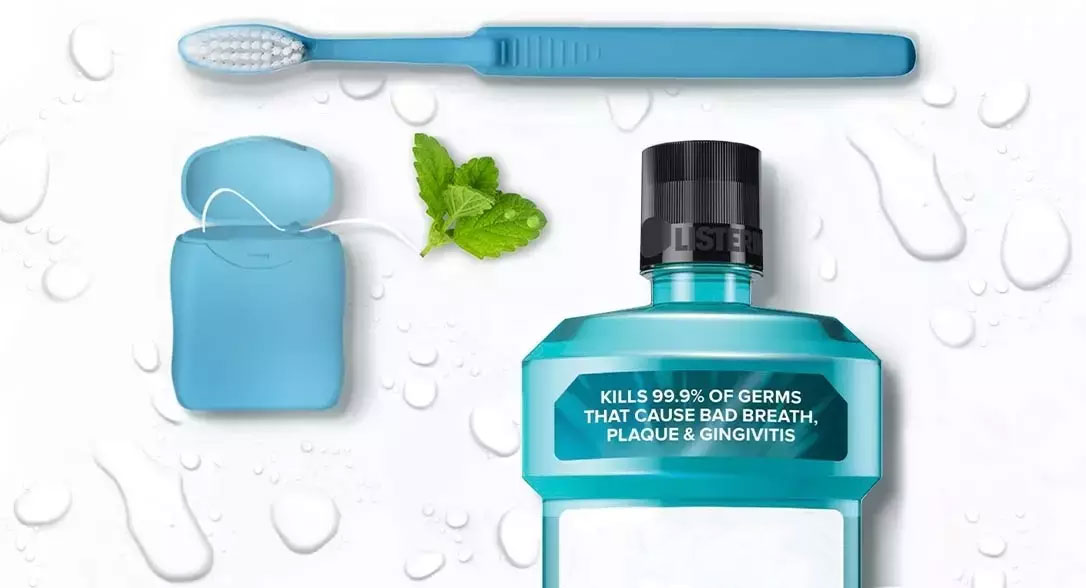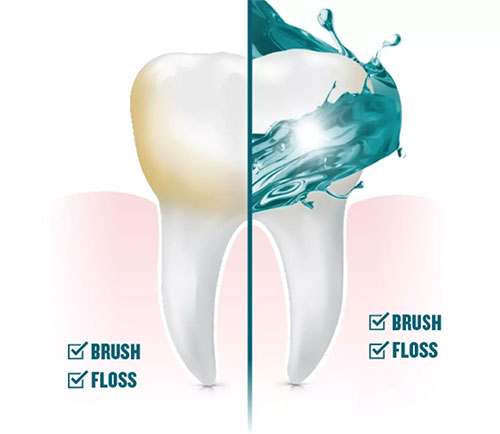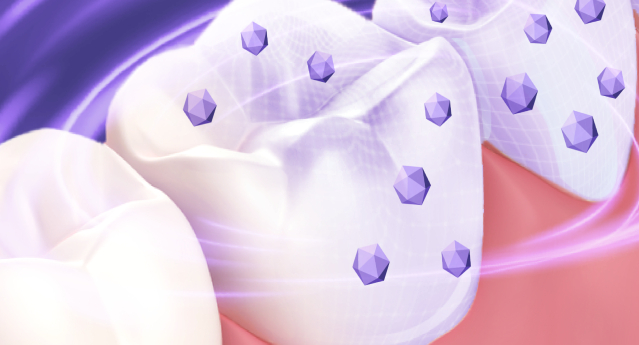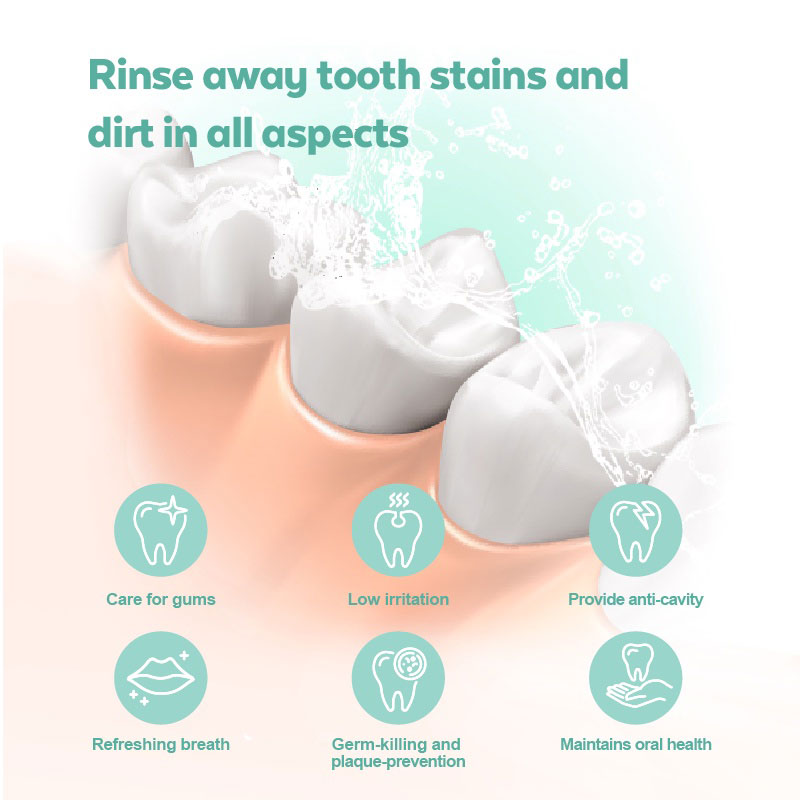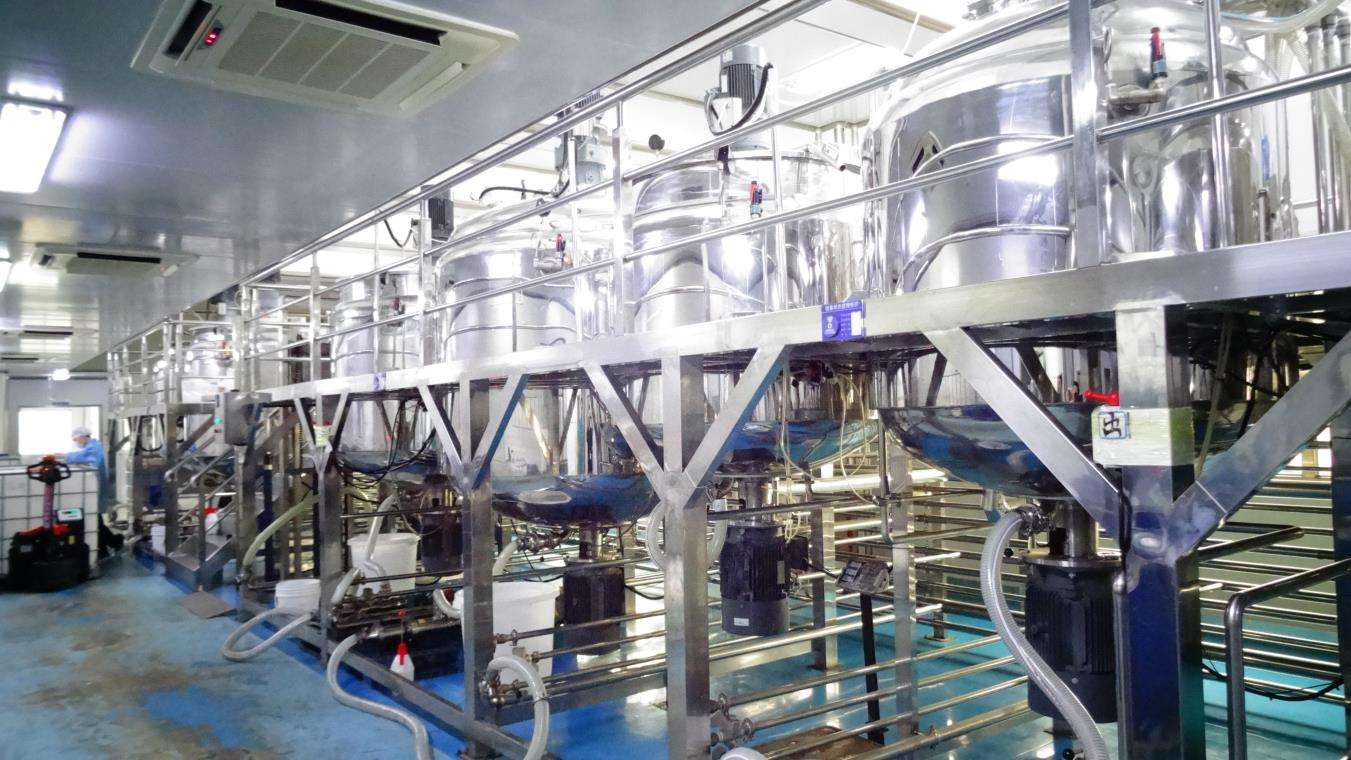Is Mouthwash Necessary? Benefits & potential risks
Have you ever found yourself standing in the dental aisle, staring at many mouthwash bottles, wondering, “Do I need this stuff?” You’re not alone. Mouthwash is a standard part of many people’s oral hygiene routines, but its necessity can often be a mystery. In this article, we will investigate whether Mouthwash is essential for oral health or if it’s just another item in the dental toolkit you can skip.
What is Mouthwash?
Mouthwash, also known as a mouth rinse, is a liquid product used to rinse your mouth. It’s typically used to help freshen breath, reduce plaque, and promote oral hygiene. Picture it as a superhero sidekick to your toothbrush and floss, swooping in to help with the tough spots. However, understanding what it does can help you determine if it’s worth adding to your routine.
How Does Mouthwash Work?
Mouthwash works by reaching areas in your mouth that your toothbrush might miss. It’s like a final rinse in a car wash—getting into those nooks and crannies that need extra attention. Mouthwash can kill bacteria, reduce plaque, and neutralize bad breath, depending on its ingredients.
Types of Mouthwash
Not all mouthwashes are created equal. There are several types, each with its specific purpose:
- Antiseptic Mouthwash: Contains ingredients like alcohol or chlorhexidine that kill bacteria.
- Fluoride Mouthwash: Helps strengthen teeth and prevent cavities.
- Cosmetic Mouthwash: Primarily focuses on freshening breath and giving a temporary clean feeling.
- Natural Mouthwash: Made with natural ingredients and free from alcohol and artificial flavors.
Understanding the differences can help you choose the best fit for your needs.
Benefits of Using Mouthwash
Using Mouthwash can have several benefits:
- Reduces Plaque: Mouthwash can help reduce plaque buildup, a sticky film of bacteria on your teeth.
- Freshens Breath: It’s a quick and easy way to freshen your breath, making it a handy tool before social interactions.
- Prevents Gum Disease: Some mouthwashes are formulated to help prevent gum disease by killing bacteria and reducing inflammation.
- Reaches Hard-to-Clean Areas: Mouthwash can reach areas between your teeth and under the gumline where your toothbrush might not.
Is Mouthwash Necessary for Oral Health?
Here’s the million-dollar question: Is Mouthwash essential? The short answer is no; it’s not strictly required if you have a good brushing and flossing routine. However, it can be valuable to oral care if used correctly. Think of it like adding a final polish to your clean, well-maintained car.
Mouthwash vs. Brushing and Flossing
Brushing and flossing are your primary defenses against oral issues. They remove food particles and plaque from your teeth and gums. Conversely, Mouthwash complements these efforts by providing additional protection and reaching areas your brush might miss.
When Should You Use Mouthwash?
The best time to use Mouthwash is after brushing and flossing. This ensures that your mouth is as clean as possible before the Mouthwash kills any remaining bacteria and freshens your breath. Using it before bedtime is also beneficial to keep your mouth fresh overnight.
Potential Risks of Overusing Mouthwash
While Mouthwash can be beneficial, overuse can lead to potential issues:
- dry mouth: Some mouthwashes contain alcohol, which can cause dry mouth if used excessively.
- Disruption of Oral Flora: Overuse can disrupt the natural balance of bacteria in your mouth.
- Staining: Some mouthwashes, especially those with chlorhexidine, can cause teeth staining.
Choosing the Right Mouthwash
When selecting a mouthwash, consider what you want to achieve:
- For Fresh Breath: Choose a cosmetic mouthwash.
- For Plaque Control: Look for antiseptic Mouthwash with antibacterial ingredients.
- For Cavity Protection: Opt for a fluoride mouthwash.
Reading labels and consulting with your dentist can help you choose your oral health needs best.
Natural Alternatives to Mouthwash
If you prefer a natural approach, there are alternatives to commercial mouthwashes:
- Salt Water Rinse: A simple mixture of salt and warm water can help soothe and clean the mouth.
- baking soda: Known for its whitening properties, baking soda can be used as a natural mouth rinse.
- Essential Oils: Diluted oils like peppermint or tea tree oil can be used to freshen breath and kill bacteria.
Can Mouthwash Replace Brushing?
No, Mouthwash cannot replace brushing. Brushing removes food particles and plaque from teeth and gums, so Mouthwash should be seen as a supplementary tool rather than a substitute.
Mouthwash and Bad Breath
Mouthwash can be an effective solution for bad breath, especially if the cause is bacterial buildup. However, if bad breath persists, it might indicate an underlying issue, and you should consult with your dentist.
Mouthwash for Children
Mouthwash should be used with caution in children. Most kids under six should avoid Mouthwash due to the risk of swallowing it. A fluoride mouthwash explicitly designed for older children can help with dental health.
Mouthwash and Dental Treatments
If you’ve had recent dental work or treatments, Mouthwash can help heal and maintain oral hygiene. However, always consult your dentist about the best type of Mouthwash.
Try Lidercare Now!
We Help You Launch New Products, And Continue To Grow. Try Us With 20% Off Your First Order!
Conclusion
So, is Mouthwash necessary? While it’s not an absolute must, it can be a helpful addition to your oral hygiene routine. It provides extra protection, helps freshen breath, and can aid in reaching those tricky spots. Remember, it works best alongside regular brushing and flossing, not as a replacement.
FAQs
Can Mouthwash replace brushing my teeth?
No, Mouthwash cannot replace brushing. Brushing is essential for removing plaque and food particles, while Mouthwash adds an extra layer of protection.
How often should I use Mouthwash?
Most people use Mouthwash twice a day after brushing and flossing. However, it’s best to follow the instructions on the bottle or consult with your dentist.
Is it safe to use Mouthwash every day?
For most people, using Mouthwash daily is safe. Just be cautious with alcohol-based mouthwashes if you experience dry mouth or other issues.
Can Mouthwash help with bad breath?
Yes, Mouthwash can help with bad breath by killing bacteria and freshening your mouth. If bad breath persists, it might indicate a more severe problem.
Are there natural alternatives to commercial mouthwashes?
Natural alternatives like salt water rinses, baking soda solutions, and essential oils can be effective for oral hygiene and breath freshening.
By understanding how Mouthwash fits into your oral care, you can make informed decisions and keep your smile healthy and bright.
Table of Contents
Awesome! Share to:
Latest Blog Posts
Check out the latest industry trends and take inspiration from our updated blogs, giving you a fresh insight to help boost your business.

